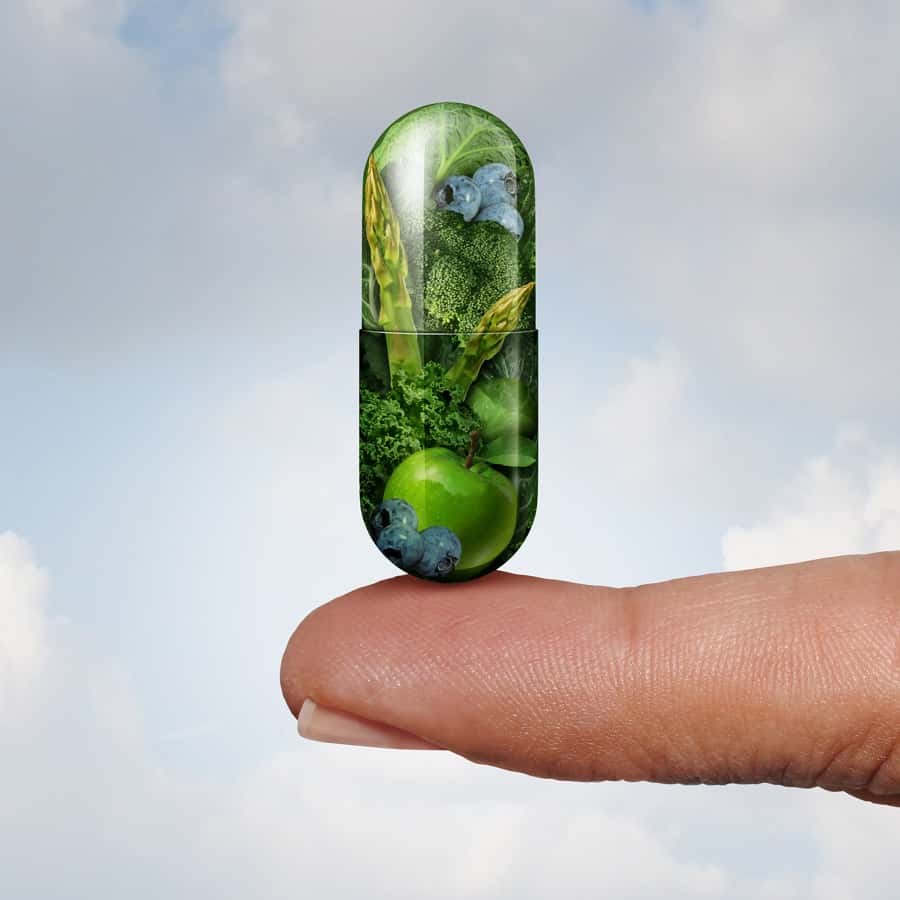
OK, I apologize for the headline. Medications do save lives. They should not be discontinued! But I wish physicians would pay as much attention to nutrition as they do to pharmaceuticals. If doctors prescribe produce, it could make a huge difference, especially for people with diabetes. That’s the conclusion of a study published in the Journal of the American Heart Association (JAHA), July 7, 2023.
If Doctors Prescribe Produce It Could Save Billions!
The lead author of the JAHA article is Dr. Dariush Mozaffarian. He is a cardiologist and the Jean Mayer Professor of Nutrition at the Friedman School of Nutrition Science and Policy at Tufts University. He is also professor of medicine at Tufts Medical School. Dr. Mozaffarian is one of the heaviest of heavy hitters in the world of nutrition and medicine!
Here is how the publication, Tufts Now (July 7, 2023), describes the latest research:
“An apple a day not only keeps the doctor away, it also could save the United States at least $40 billion in medical bills, report Friedman School of Nutrition Science and Policy at Tufts University researchers in a new study published July 7 in the Journal of the American Heart Association. Their modeled implementation of a nationwide produce prescription program—which would provide free or discounted fruits and vegetables to eligible Americans living with diabetes—projected extensive reductions in national rates of cardiovascular disease and associated healthcare costs.”
Why Do People Develop Type 2 Diabetes…and Other Diseases:
In his JAHA article, Dr. Mozaffarian and his colleagues state the problem succinctly:
“Poor diet is a leading risk factor for cardiometabolic diseases, contributing to nearly half of all US cardiometabolic deaths and high health care use and economic costs.”
They offer a solution…doctors should prescribe produce:
“Until recently, health care providers have had few tools to improve diets in their patients. Produce prescription programs have emerged as a promising ‘Food is Medicine’ health system strategy to improve nutrition, health outcomes, and health disparities in high‐risk patients with nutrition‐sensitive conditions, especially diabetes.”
If Doctors Prescribe Produce What Would Happen?
Again, Dr. M. and his colleagues provide answers:
“A recent systematic review and meta‐analysis of 13 predominantly US‐based produce prescription interventions found these programs increased fruit and vegetable consumption by 0.8 servings per day, decreased body mass index (BMI) by 0.6 kg/m2, and among patients with diabetes, decreased hemoglobin A1c (HbA1c) by 0.8 points. Our recent pooled, patient‐level analysis of 9 other produce prescription programs across 22 sites in 12 states demonstrated similar health gains. These studies suggest that such programs represent an important opportunity to improve health outcomes and reduce health care usage and costs.”
You will not see commercials on television encouraging doctors to prescribe produce. Instead, you will see commercials promoting high-priced drugs to lower hemoglobin A1c.
You will read articles online about the “miracle” of the diabetes drug Ozempic to help people lose weight. You won’t see anything about produce prescription programs to help people decrease body mass index (BMI).
Doctors Talk About a Healthy Diet, But Do They Prescribe Produce?
Doctors often recommend that people with diabetes consume a diet rich in vegetables and fruits and low in ultra-processed foods. That presents a great challenge for the many individuals on tight budgets.
The researchers at Tufts University wondered how well it would work for these people to get free or discounted produce through a produce prescription program, essentially a voucher that they use at the grocery store.
In their model, the scientists found that implementing a nationwide produce prescription program for people with diabetes would save the country a ton of money. That doesn’t even include the billions saved in lost productivity due to poor health.
In their own words the Tufts investigators describe the health benefits of produce prescription programs:
“By incorporating nationally representative data and evidence from meta‐analysis, our validated microsimulation model estimates that produce prescription programs implemented nationally for US adults aged 40 to 79 years with diabetes and food insecurity could prevent 292 000 CVD [cardiovascular disease] events, gain 260 000 QALYs [quality-adjusted life years], and save $39.6 billion in health care costs and $4.8 billion in productivity costs over a lifetime.”
Citations
- Wang, L., et al, "Health and Economic Impacts of Implementing Produce Prescription Programs for Diabetes in the United States: A Microsimulation Study," JAHA, July 7, 2023, https://doi.org/10.1161/JAHA.122.029215

